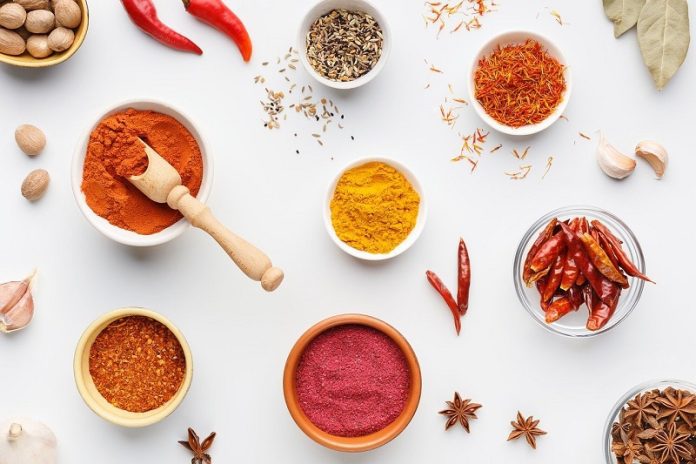
Scientists from Urmia University of Medical Sciences found that a turmeric compound and vitamin D supplementation may improve blood pressure health in people with type 2 diabetes.
Curcuminoids (especially curcumin) are the active ingredients of the dietary Indian spice turmeric.
It has been used for medicinal purposes for years, mostly in Asian countries.
Curcumin has received a great deal of attention because of its anti-inflammatory, anticarcinogenic, and antitumor activities.
Vitamin D is both a nutrient we eat and a hormone our bodies make. It is a fat-soluble vitamin that has long been known to help the body absorb and retain calcium and phosphorus; both are critical for building bone.
Research has shown that vitamin D can reduce cancer cell growth, help control infections and reduce inflammation.
Many of the body’s organs and tissues have receptors for vitamin D, which suggest important roles beyond bone health, and scientists are actively investigating other possible functions.
Curcuminoids and vitamin D have been shown to improve blood pressure and body weight in diabetic animals. However, consistent findings in type 2 diabetes patients are limited.
In this study, the team examined the effects of curcuminoids and vitamin D, simultaneously or singly on blood pressure in people with type 2 diabetes and insufficient vitamin D level.
They tested 80 people with type 2 diabetes. These people were assigned into 4 groups receiving:
(1) 500 mg/day curcuminoids; (2) 50,000 IU/week vitamin D3; (3) 50,000 IU/week vitamin D3 plus 500 mg/d curcuminoids; or (4) placebos for 12 weeks.
The team measured the blood pressure before and after the intervention.
They found that vitamin D reduced systolic blood pressure and diastolic blood pressure. Curcuminoids strongly reduced diastolic blood pressure.
Blood pressure is measured using two numbers: The first number, called systolic blood pressure, measures the pressure in your arteries when your heart beats.
The second number, called diastolic blood pressure, measures the pressure in your arteries when your heart rests between beats.
In addition, the team found curcuminoids strongly prevented the effect of vitamin D on the reduction of systolic blood pressure.
But vitamin D and curcuminoids had a combined effect on diastolic blood pressure reduction.
Based on the findings, the team suggests that curcuminoids and vitamin D may have beneficial effects on blood pressure in people with type 2 diabetes.
But future work needs to find out why curcuminoids and vitamin D have different effects on systolic blood pressure and diastolic blood pressure.
Foods high in curcuminoids include turmeric, mango ginger, curry powder, and curry dishes.
Foods high in vitamin D include salmon, herrings and sardines, cod liver oil, canned tuna, egg yolks, mushrooms, and fortified foods.
The research is published in Clinical Nutrition ESPEN and was conducted by Shirin Ebrahimkhani et al.
Copyright © 2022 Scientific Diet. All rights reserved.








